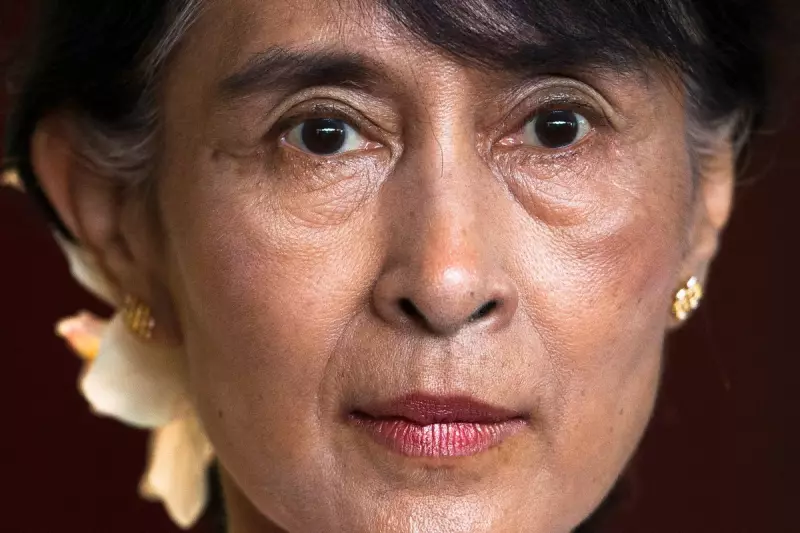
Once celebrated globally as a beacon of democracy and human rights, Aung San Suu Kyi's dramatic political journey has become one of the most startling transformations in modern political history. The Burmese leader who spent fifteen years under house arrest fighting for democracy now finds herself defending the very military regime she once opposed.
The Iconic Dissident Turned Establishment Figure
For decades, Aung San Suu Kyi represented hope for Myanmar's oppressed masses. Her peaceful resistance against military rule earned her the Nobel Peace Prize in 1991 and made her an international symbol of courage. World leaders from Barack Obama to David Cameron championed her cause, while celebrities like Bono and Sting lent their voices to her campaign for freedom.
Yet today, the same woman who inspired millions stands accused of defending military atrocities and turning a blind eye to ethnic cleansing against the Rohingya Muslim minority.
A Controversial Political Evolution
After her party's landslide victory in 2015 elections, Suu Kyi's transition from political prisoner to State Counsellor marked a dramatic shift in her approach. Rather than challenging the military's constitutional power, she chose to work within the system—a decision that would ultimately compromise her moral authority.
Her most damaging moment came at the International Court of Justice in 2019, where she personally defended Myanmar against allegations of genocide. To her former admirers, it was an unthinkable betrayal of everything she once represented.
The Military's Return and Her Downfall
The 2021 military coup that removed her from power completed Suu Kyi's tragic political arc. Now detained by the same generals she once opposed—and later defended—she faces multiple criminal charges that could see her spend the rest of her life in prison.
Her story serves as a sobering lesson about the corrupting nature of power and the difficult choices faced by idealists who suddenly find themselves in positions of authority. The democracy icon who became an apologist for her oppressors now watches from detention as a new generation of activists faces the same military brutality she once resisted.
A Legacy Forever Tarnished
While some argue that Suu Kyi was constrained by Myanmar's complex political realities and the military's constitutional veto power, her international reputation lies in ruins. Universities that once honoured her have stripped her of awards, and former supporters struggle to reconcile the courageous dissident they admired with the pragmatic politician she became.
Her story raises difficult questions about whether moral purity can survive the compromises required by real-world governance, and whether any leader can maintain their principles while navigating the treacherous waters of military-dominated politics.





